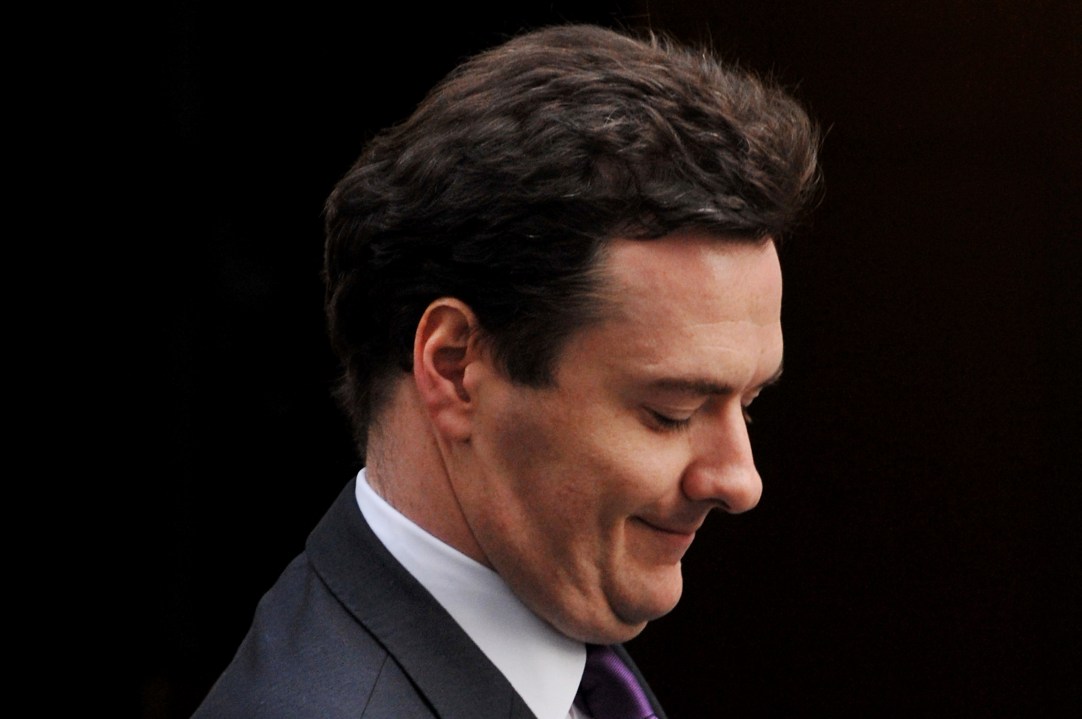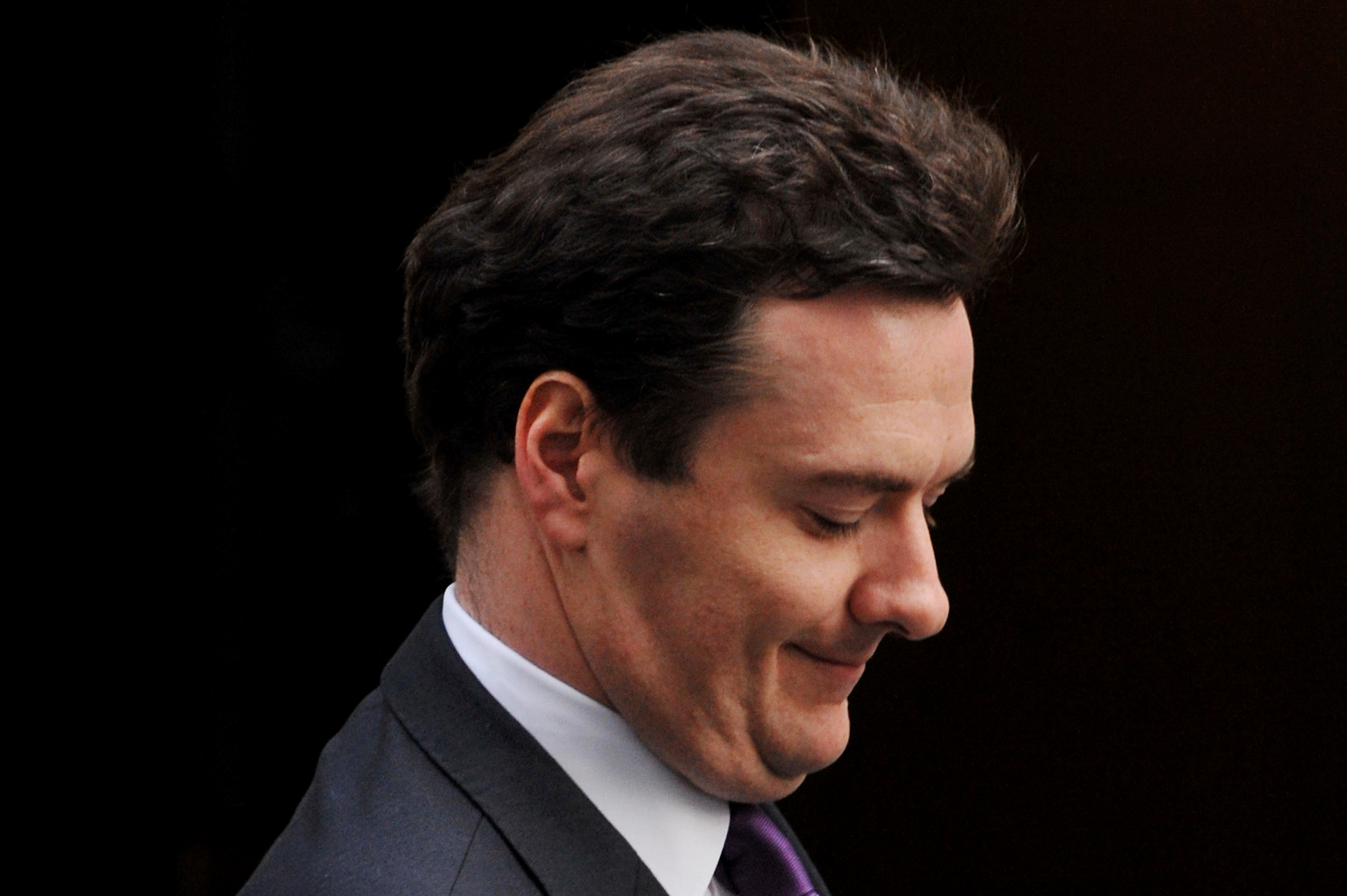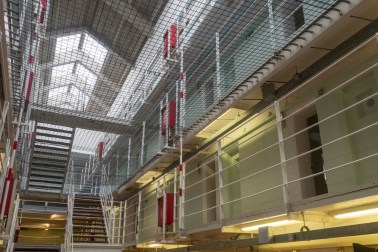 Today, George Osborne had a choice. Growth prospects have evaporated, and tax revenues
along with it. Should he reopen the 2010 Spending Review and cut the spending totals? Or stick with those totals, and finance this with extra debt? He chose the latter. And I think, on balance, he
was right to do so. Credibility is the most valuable currency in this eurozone crisis, and Osborne said it was a fixed five-year plan. He chose more debt over less certainty, and it looks today
like the markets believe he chose correctly.
Today, George Osborne had a choice. Growth prospects have evaporated, and tax revenues
along with it. Should he reopen the 2010 Spending Review and cut the spending totals? Or stick with those totals, and finance this with extra debt? He chose the latter. And I think, on balance, he
was right to do so. Credibility is the most valuable currency in this eurozone crisis, and Osborne said it was a fixed five-year plan. He chose more debt over less certainty, and it looks today
like the markets believe he chose correctly.
But all this comes at a cost. The government will now run deficits higher than those which Labour proposed. Certainly, had Labour been confronted by evaporating growth it may have had to choose
even lower spending or even higher borrowing. But Osborne is now increasing debt by 61 per cent over this parliament — it was 51 per cent at the last Budget. And this compares to the 61 per
cent that the Darling totals imply. There always was very little difference between the parties on debt. Now, this gap has almost disappeared. But I suspect the pantomime (where each party pretends
there’s a great difference) will continue.
Sadly, there was very little supply-side reform. Abolishing national pay bargaining is a welcome step, but the first step in what I suspect will be a very long slog.
Ultimately, all you need to know about today’s forecasts is the black hole-sized caveat that Pete Hoskin highlighted earlier: that they are based on what the OBR says is an unlikely scenario of the eurozone crisis turning out well. The downside, it says, is more likely than the upside. I always thought the OBR and the Treasury were supposed to make assumptions on central, most likely scenarios, where upside equals downside. Proceeding with an unlikely scenario undermines the credibility of the OBR forecasts so much that Robert Chote may as well have started his document with the words ‘Once upon a time’.
Today’s Budget is grim news — and openly admits that even today’s figures represent an optimistic scenario. There are worse times just around the corner. I suspect Osborne will
enjoy delivering his 2012 Budget even less than he did today’s.
UPDATE: In response to CoffeeHousers, I’m not sanguine about debt. I’ve just kinda given up on Osborne coming out with a policy to reduce it — or, indeed, follow Sweden
and Estonia and keep taxes flatter, lower or both. Osborne is playing a different game, one you can win if you hug your opponent closer. Today, Osborne adopted Brown tactics — more debt,
Santa-style budget giveaways, etc — which certainly makes him harder for Balls to attack him. And that’s Obsorne’s objective. This was a budget to try and win a second term,
neutralising Labour’s attack by incorporating chunks of its agenda. It may well make his second term more likely. I just don’t expect it to be economically effective. Osborne has
promised tougher cuts in 2015/16 — but given how much plans have changed in the last six months, I can’t quite bring myself to take plans for five years’ hence seriously. Nor, I
suspect, does Osborne.








Comments